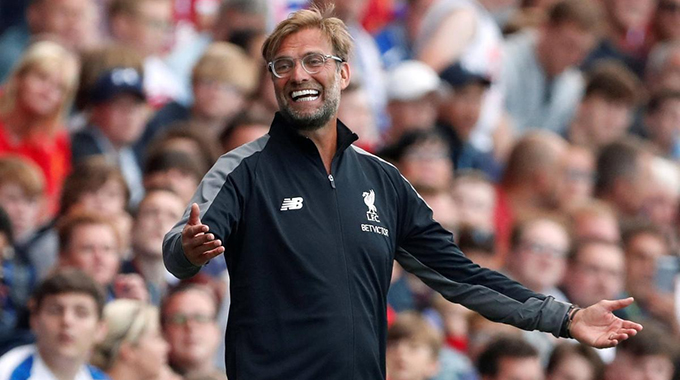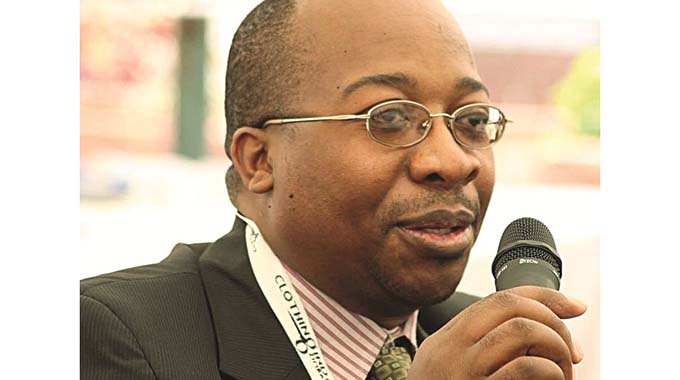Do we really ever retire?

David Mungoshi Shelling the Nuts
The other day, a friend and former colleague told me that he had retired the day before. Having been in retirement now for several years, I have become a veteran of sorts in the art of retirement and can talk about it with some authority, and aplomb even. Retirement from formal employment can be a very rewarding experience. It can also be the worst time of one’s life. It all depends on how much you have feathered your nest or failed to do so, so to speak.
Some people take on new responsibilities on retirement — responsibilities they cannot possibly discharge in the time available to them. Imagine having a child in Grade 3 when you no longer command a regular salary or wage.
These things do happen and when they do the outcome is not always a happy one. Of course, if you are an heir to a fortune you are spared such mundane anxieties.
Roy Welensky (Sir), a former national heavyweight boxing champion of Southern Rhodesia, who weighed in at 250lb at 19 years of age and later became Prime Minister of the Federation of Rhodesia and Nyasaland was 65 when he married Valerie, his second wife. When Welensky died in 1991 he was 84. He was survived by Valerie and two daughters.
Now that I am crowding 70, I look back at my tender years and smile a little. The naivety and innocence of youth can be quite remarkable. When you are 16, a 40-year-old is an aged person to you until, of course, you yourself reach that golden age whereupon you conveniently embrace the philosophy that says life begins at 40. How easy it is for human beings to rationalise. We can explain most things. Somehow.
In the dying years of Rhodesia’s UDI era, the Minister of Foreign Affairs (1974–1979) was the incongruously English, Cambridge-educated Afrikaner, Mr Pieter Kenyon Fleming-Voltelyn van der Byl, otherwise known as PK van der Byl. The tall, slim rich South African-born aristocrat is thought to have been instrumental in getting Ian Smith to declare independence in 1965. His disdain for blacks and poor whites was well-known.
PK was a playboy reputed to have been the object of many hopeful females. However, in 1979, at the age of 56, PK married Princess Charlotte Maria Benedikte Eleonore Adelhe of Liechtenstein in Austria. Although he was still shy of 60 at the time there are many who will say he left the marriage thing rather late. But then, such considerations do not fetter moneyed people and/or rich heirs. Such was the case with PK. Roy Welensky too would have left an estate sufficient for his bereaved family. When PK passed on in November 1999, the princess and their children certainly had nothing to worry about, materially speaking. People like PK, Welensky and others like them are capable of starting new lives or retiring at home to write their memoirs.
That PK was a colourful character goes without saying. That he was racist also goes without saying. Nevertheless, while there was a dichotomy between PK and Herbert Ushewokunze, the two of them made their encounters in Parliament quite engaging.
PK often would quote from Shakespeare to drive some point home, and Herbert Ushewokunze would quote back from Shakespeare. The two men shared certain traits: colourful language, a love for Shakespeare and the playboy image. Ushewokunze had become something of a fixture in Bulawayo, being easily the most visible medical doctor in town.
For years before Ushewokunze skipped the country to Mozambique he was chairman at Zimbabwe Saints FC in Bulawayo. After independence, Herbert Ushewokunze’s wedding to Vimbai Shire in Gweru was a high society affair.
Coincidentally the wedding was in the year that The Four Brothers released the mammoth hit “Vimbai”.
While Ushewokunze was a football administrator and a politician he never retired from the practice of medicine. To leave one’s employment and sit at home doing nothing is to invite the grim reaper in. Had Ushewokunze lived to this day he would probably have still been in practice.
There are certain things that people do in life which they can never really divorce themselves from. This must be the fate of most true academics. They go on learning and researching till life stops them. Artists never really retire. They go on creating music and performing almost as a necessity. People like Thomas Mapfumo and Oliver Mtukudzi belong here. How do you stop creating when life is going on? Writers, sculptors and others understand the creative urge and how it keeps them going.
Some people decide to embark on a new path well into their lives. Bob Nyabinde is a case in point, and he has never looked back since he left the classroom.
I have no doubt that even when his fingers are too gnarled to play the guitar he will still be creating music. He cannot retire from it, he can only widen his repertoire. The man who founded KFC, the international food outlet, is said to have been 65 when he set out on that venture. Today KFC is a brand.
Prior to 1971 pension schemes were not obligatory for black workers in Rhodesia. When the pension scheme was first introduced, it was voluntary. Many black teachers chose not join the scheme. Needless to say that this was an ill-informed decision since it is not that easy for most people to independently sustain a savings regime.
He had nothing to show for his years in the city. There could be no going back, however, and so he retired. Thinking to make an impression, he began two lavish projects in his village, projects to show he had been in the city and had money to spend.
The man began to build a mansion and also secured ground on which to put up a building for the store he intended to run.
But lo and behold, when the structure for the store was done, he found he could not stock it up. The money was gone. Neither could he complete his mansion. I never got to know what happened to the man in the end because I left the place to pursue further education. The tragedy with such situations is that when someone retires and has nothing to do or look forward to in retirement, he or she risks becoming a concern case. Yet this need not be. There is always something else one can take up.
After retiring from the Rhodesia Railways, my father went to start a new life as a peasant farmer in the outskirts of Enkeldoorn (Chivhu today). Fortunately for us and for him, he had built a passable rural home well ahead of his retirement. He had a small, but regular monthly pension as well as cattle and sheep.
At about the age of 70, my father enrolled to do lessons that would culminate in his becoming a master farmer. The venture made certain demands on him. He had to have a well-built cattle kraal, a rubbish pit, a pit latrine (That was well before the Blair toilet) and a structure for drying the dishes on. The homestead also had to be neat and fenced. These things done, he received a master farmer’s certificate and a card allowing him to buy seed and fertilisers from farmers’ stores at a discount.
My father had rich harvests for many years and was able to send many bags of grain to the Grain Marketing Board (GMB) and earn a bit of money for himself. These things kept him strong and agile. He was known by everyone as someone who read his newspaper from cover to cover and was therefore up to date with the goings-on in the country and in the international world. Most mornings the bus from town brought him a copy of The Herald. The herd boy would give a coin to the conductor in exchange for the paper. He would then take the paper to my father who read it keenly while sitting in an armchair just outside the chalet that served as a bedroom for my parents. In addition he always made sure to catch the main news bulletins on his radio each day.
My father survived nearly thirty years after retiring. He worked the land diligently and kept pace with life. There is no reason to be desperate. Not being an heir and never having amassed a fortune I find that I must work. But these days I only work on those things that I love doing.








Comments